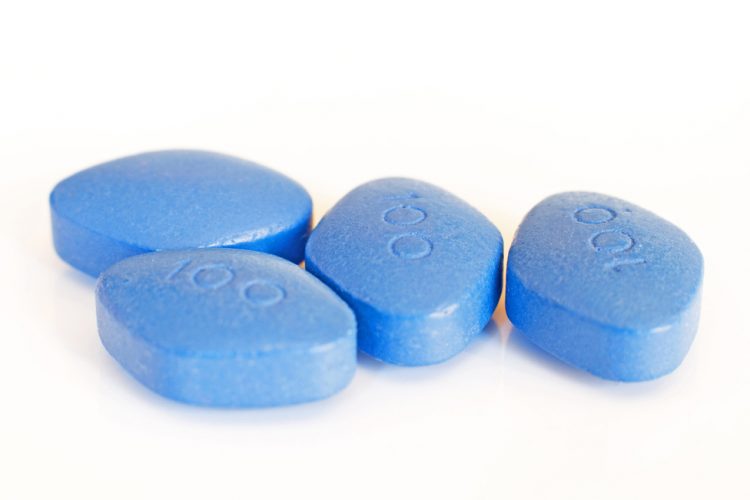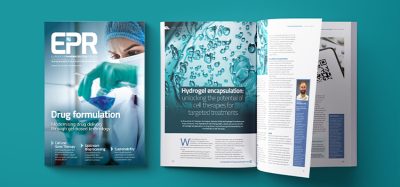Sildenafil should be avoided in valvular disease
Posted: 29 August 2017 | Dr Zara Kassam (European Pharmaceutical Review) | No comments yet
The SIOVAC trial2 has tested the potential of sildenafil to improve long-term outcomes of patients with residual pulmonary hypertension…


The SIOVAC trial2 has tested the potential of sildenafil to improve long-term outcomes of patients with residual pulmonary hypertension after correction of a valvular lesion, the trial was conducted in 17 public hospitals and coordinated by the Spanish Network Centre for Cardiovascular Research (CIBERCV).
A total of 200 patients were randomised to sildenafil (40 mg three times a day) or placebo for six months. Patients and investigators were blinded to the treatment. Prior to enrolment, patients were screened for contraindications to sildenafil and a catheterisation procedure was performed to confirm elevated pressure in the pulmonary artery.
The primary endpoint was a clinical composite score of all-cause death, hospital admission for heart failure, worsening exercise tolerance, and feeling worse than when starting the medication.
Contrary to the expected findings, clinical outcomes were worse in the sildenafil group compared to placebo. At six months, 33% patients taking sildenafil and 15% taking placebo had a worse composite clinical score than at the start of the study.
Patients taking sildenafil suffered more, and more frequent, hospital admissions due to heart failure decompensations. In fact, the overall risk for hospital admission was double in patients taking the drug. Three patients taking sildenafil and two patients taking placebo died during the study.
“We were surprised to find that decompensations requiring hospital admission were more frequent in patients taking sildenafil,” said Dr Javier Bermejo Principal Investigator, and Cardiologist at Hospital General Universitario Gregorio Marañon, Madrid, Spain.
“This is the first clinical trial focused on this complication,” he continued. “We found that in patients with residual pulmonary hypertension after successfully corrected valvular heart disease, six-month treatment with sildenafil leads to worse clinical outcomes than placebo.”
Dr Bermejo concluded: “Long-term usage of sildenafil for treating residual pulmonary hypertension in patients with valvular heart disease should be avoided. The high incidence of events during the trial emphasises the need for further research to prevent and treat this complication in patients with valvular disease.”
Sildenafil should not be used to treat residual hypertension in patients with valvular heart disease, according to late-breaking results from the SIOVAC trial presented in a Hot Line LBCT Session at ESC Congress.1 The off-label use of the drug led to worse clinical outcomes including a doubled risk of hospitalisation compared to placebo.
“Valvular disease is considered the next cardiac epidemic because of its strong association with age and the rapid ageing of the population worldwide,” said Dr Bermejo
“The only established treatment is repair or replacement of the valve surgically or percutaneously,” he continued. “But symptoms often remain or reappear in the long-term. Residual pulmonary hypertension is the most important risk factor for death and disability after successful correction of the valvular lesion.”
Related topics
Related organisations
Hospital General Universitario, Spanish Network Centre for Cardiovascular Research








